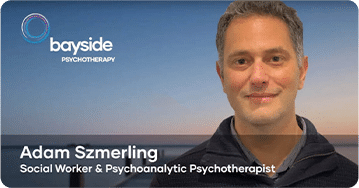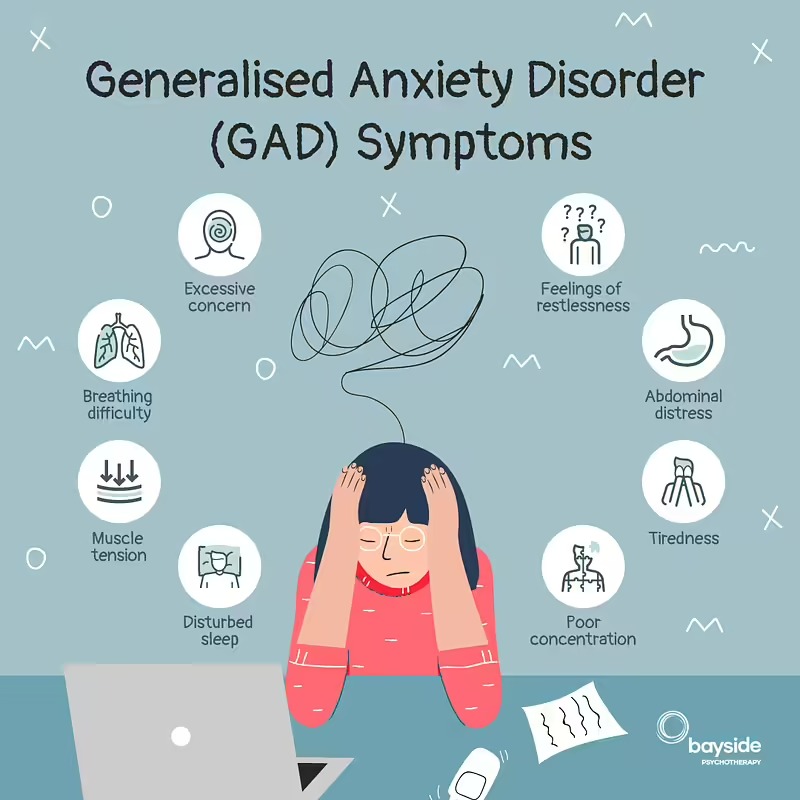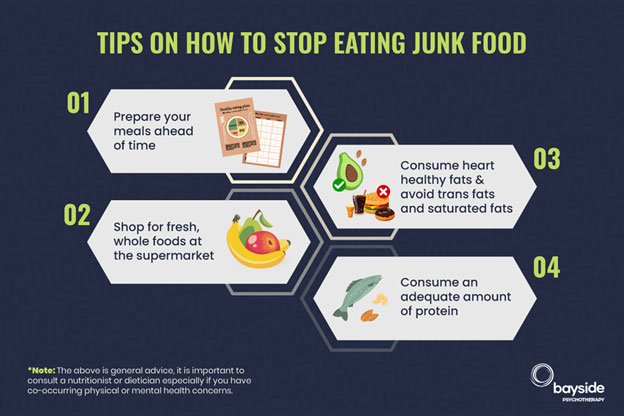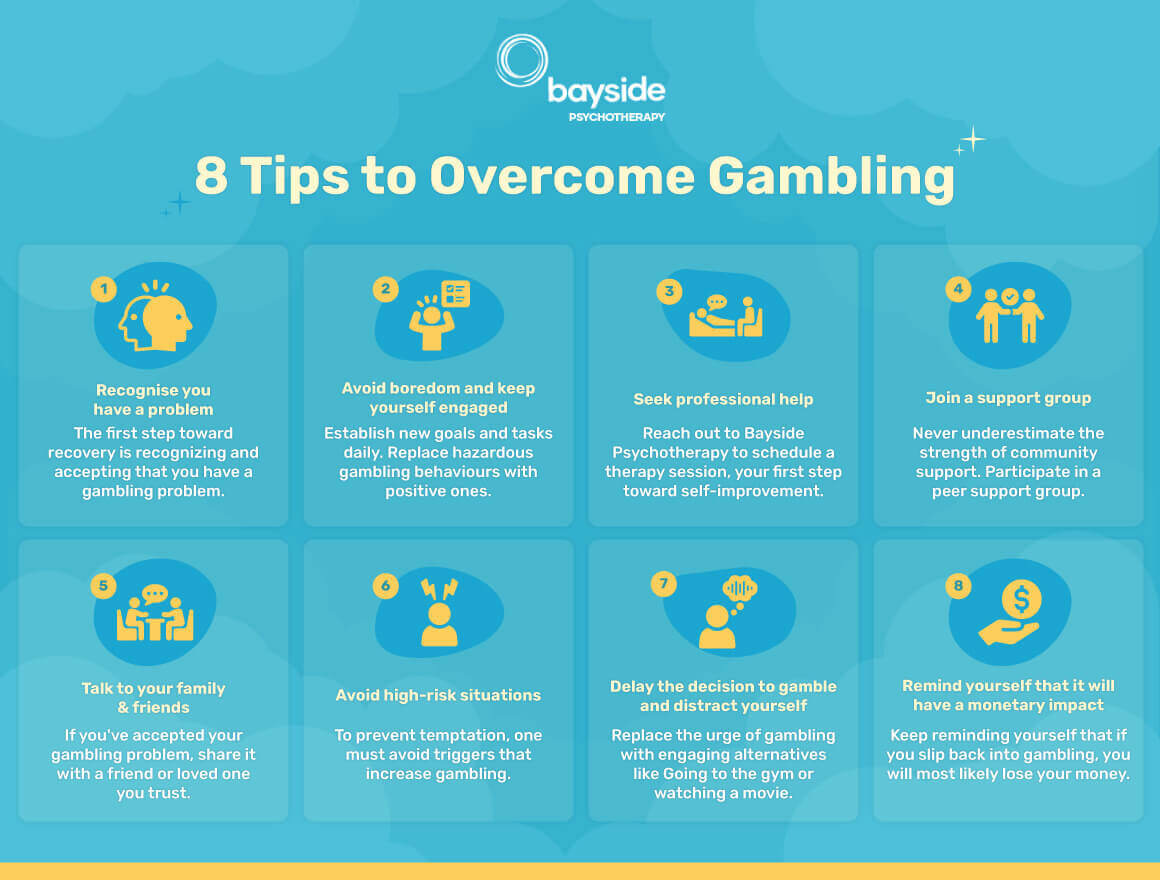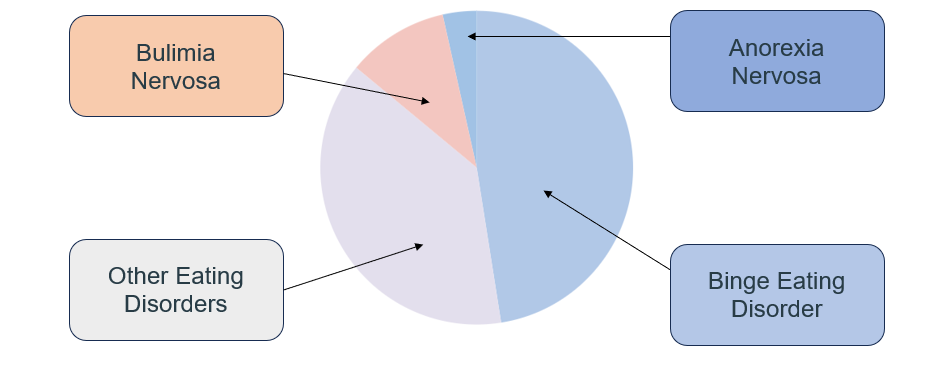Hypnotherapy is not hypnotism
Does “it” really work?
How often do we hear this? “It” carried vast assumptions usually owing to something magical and fast which supposedly bypasses conscious awareness. “Work” also carries assumptions which often involve the notion of a quick fix without any responsibility or effort on the part of the so called hypnotic subject (‘can hypnotherapy cure me of my anxiety, addictions, oh and occasional sexual dysfunctions too, please?’). It’s sad as a culture with our demand for instant gratification mixed with outrageous claims from untrained and ethically questionable hypnotherapists that such questions are increasingly posed. Yet even with people who are sufficiently informed and motivated to engage in hypnotherapy, there are usually limitations to the effectiveness.
Therapy implies healing. That is, some kind of treatment and resolution of suffering or an ailment. Hypnotherapy is a practice of psychologically working through layers of subconscious patterns of defence which are causing difficulties in a persons life. The defence may be against knowing something or feeling an emotion.
It’s extremely unfortunate that the term hypnotherapy has been used interchangeably with hypnosis and worse, hypnotism. Hypnotism has traditionally been grounded in the domain of entertainment, for example stage hypnosis where people are seemingly made to do silly things against their “will”.
I’m not judging stage hypnosis. As long as it stays on the stage, let’s just call it what it is. The problems arise where stage hypnosis methods and techniques are being propagated and applied in a clinical context with real people suffering and seeking help for their ailments such as anxiety, phobias and addictions.
Hypnosis makes you dumber. Hypnotherapy makes you smarter
In theory, but perhaps not always in practice! Even in Melbourne, there’s been an upsurge of self proclaimed experts guaranteeing they can treat every form of psychical pain with hypnotherapy. But on close examination many of these claims are not reliable. Of course this isn’t limited to Melbourne, where hypnotists are claiming to practice hypnotherapy. In a local Melbourne newspaper, a story ran a few weeks ago about a woman, who wants to be a Barbie doll, turning to frequent “hypnotherapy” sessions to dumb down her intelligence. This last sentence is self contradictory because hypnotherapy (or any therapy or intervention) which aims to reduce human intelligence can hardly be called therapy.
Yet why are these media stories which arise in mainstream publications calling the process hypnotherapy rather than something more accurate? I assert that the public has been duped, lets not confuse things by saying hypnotized which isn’t inaccurate, into associating what should be a therapeutic act with something deriving from stage or entertainment domains.
Is it ethical for a hypnotherapist to “help” someone to be less intelligent?
That’s a rhetorical question. In any case hypnotherapy in Melbourne Australia is certainly not well regulated. I have long held concerns that one day someone will have a psychotic episode or worse after a hypnotherapy session from someone without adequate training and understanding about when hypnotherapy is a harmful intervention.
What is adequate training?
Well! Maybe we can start with what is not. Learning how to hypnotise people, to induce a trance, is very easy. That can be learned well in a day or two. Or a week if you want to learn some clever tricks. But in my opinion anyone who wants to refer to themselves as a hypnotherapist requires counselling and mental health training. Otherwise what you get are people working in a very superficial way, taking problems at face value and not recognising the complexity of human suffering, how symptoms develop, not knowing when people are on the edge of a crisis, and unaware of when referral to a doctor or psychiatrist is required. Of course accepting a patient who asks to be less intelligent is a case on the severe end of the spectrum
What are warning signs to look out for?
- If guarantees are offered. Major alarm bells. This suggests a normative mindset by comparing people’s problems to past problems treated in other people. Guarantees are like testimonials – they are great for marketing purposes but simply overlook the fact that no two presenting cases are ever the same. Reducing people in this way into neat boxes of past “successes” in itself is a form of attempted hypnotism, for the naive. And, if an estimate of required session numbers are given before an initial assessment and history is actually taken, how much faith can you have in this professionals integrity?
- Practitioners who do hypnotic inductions in the first session, without a thorough personal history, is inadequate at best and potentially unethical at worst. Sadly, perhaps due to the proliferation of unrealistic expectations being marketed by self proclaimed expert hypnotists, some people have come to expect an immediate fix through hypnosis in the first session, clearly without having thought through the ramifications of such expectations.
If you know someone who wants to engage in hypnotherapy services in Melbourne, or elsewhere, undertake a thorough check to see if the practitioner has a counselling background and some mental health training as well that lasted more than a year. From there, the experience can be highly rewarding indeed! Otherwise it’s like playing with fire.
Here are a couple of blogs written on this topic you might find useful:
Choosing the right therapist: The 5 mo...
Choosing the right therapist can be difficult. Different problems and diff.
Creating Healthier Workspaces: How str...
Employee mental health is pivotal to overall workplace wellbeing, impacting individual performance, job satisfaction, and organ.
From High Stakes to Healing: 8 Tips To...
Gambling activities have become more accessible and convenient due to the proliferation of casinos and the rapid growth of online gambling platforms. Mo.
An Examination of Bulimia Nervosa Amon...
Bulimia nervosa is a serious eating disorder that can significantly impact an individual's physical and psychological health. Characterised by recurrent.


